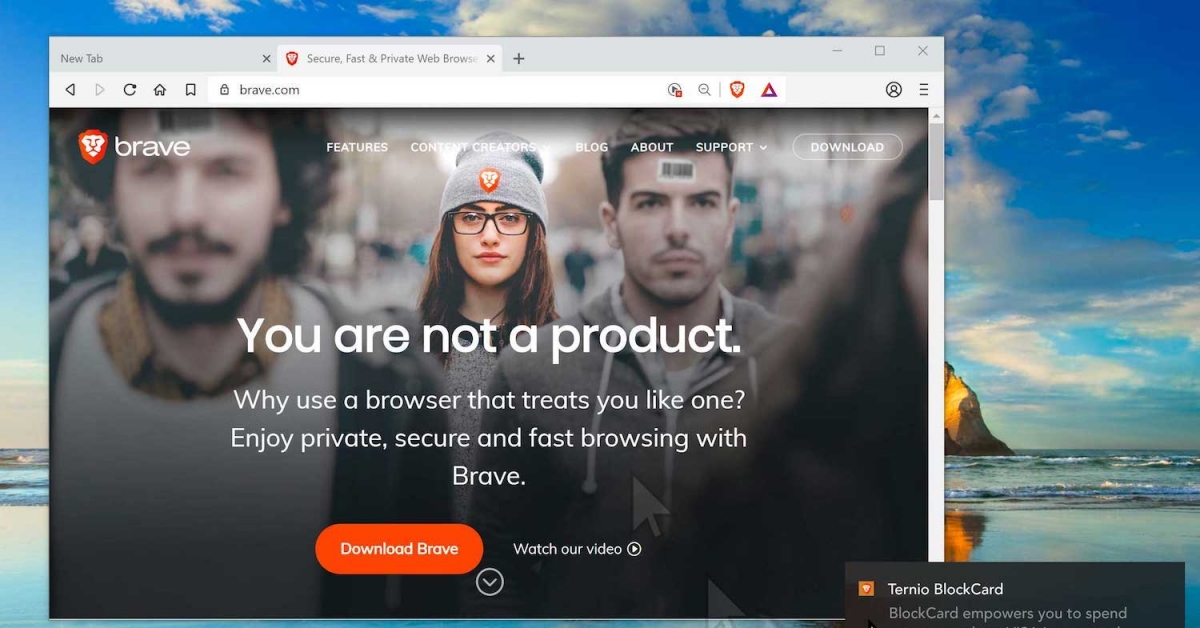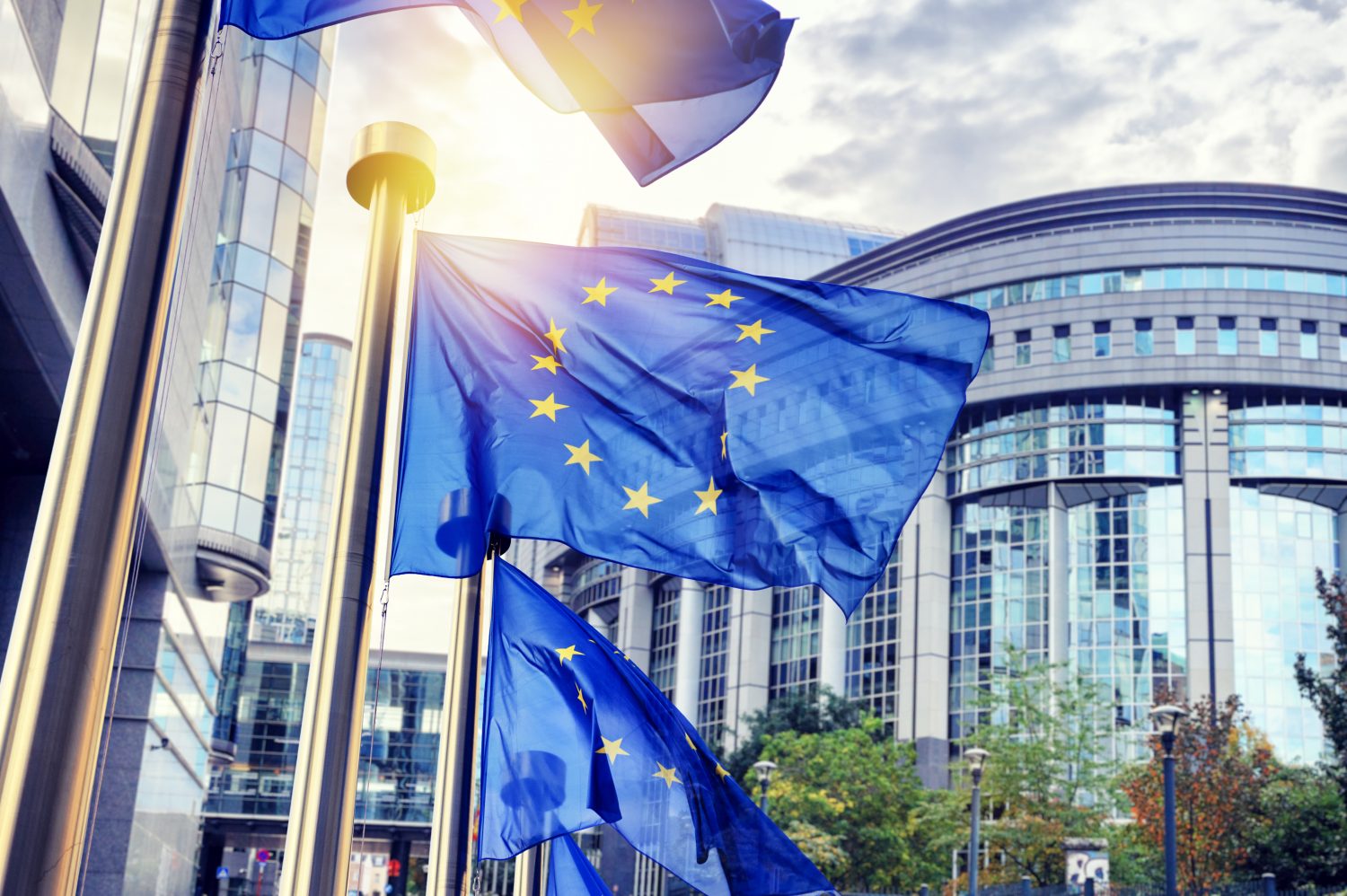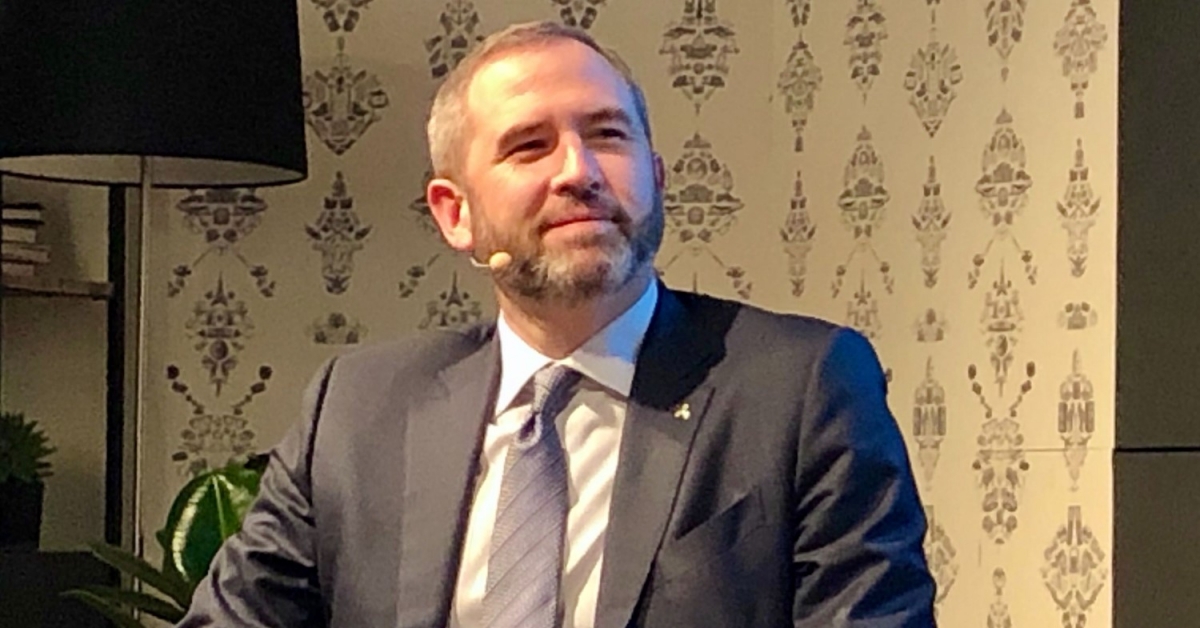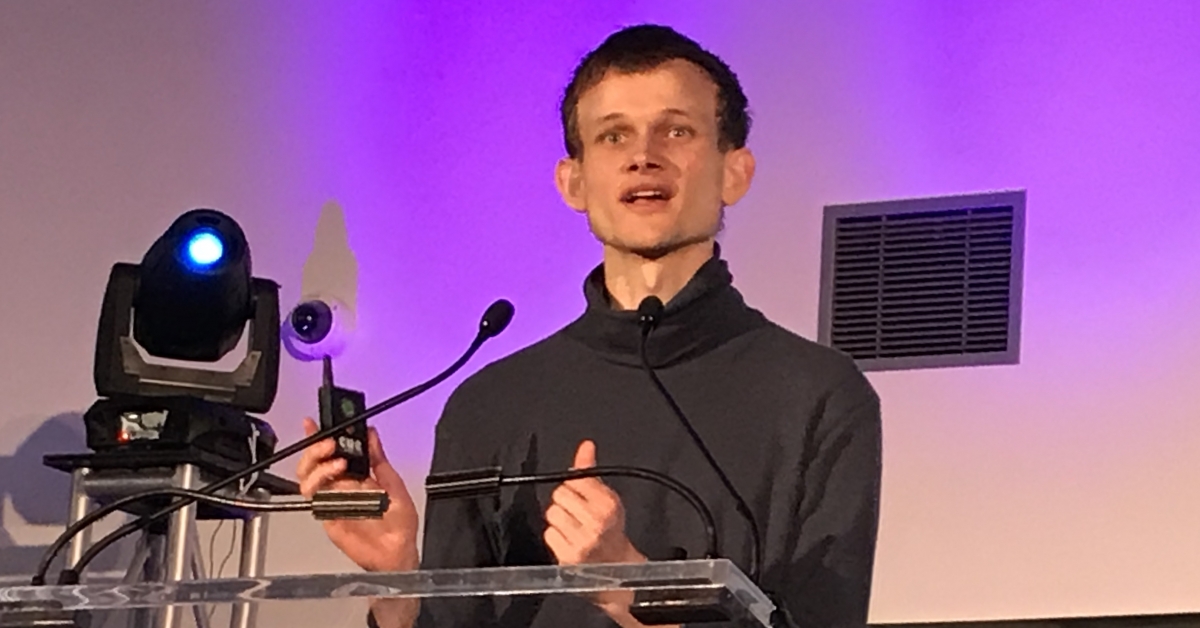Crypto Scams Targeting Pacific Communities on the Rise, Say New Zealand Regulators
Waiheke Island, New Zealand (Credit: Shutterstock/krug_100)
Cryptocurrency-related investment scams targeting Pacific communities are on the increase, New Zealand’s Financial Markets Authority (FMA) and Commerce Commission have warned.
Concerns over various crypto-related frauds alongside coronavirus-related scams have now prompted the two regulators to launch an awareness campaign aimed to stop communities falling foul of the criminal schemes.
According to the FMA, there has been a “steady increase in complaints” relating to a variety of different frauds since March. Social media bitcoin scams that fake celebrity endorsements and news articles were identified as being the most widely reported among the different types.
The FMA’s director of regulation, Liam Mason, warned in a press release that some scams have been aimed specifically towards Pacific communities.
“We saw the OneCoin pyramid scheme proliferate through Pacific social and community groups. Last year the FMA also reiterated its warning that Skyway Group (or SWIG) may be involved in a scam and was targeting Pacific groups,” Mason said.
“At the very least, check if they [investment firms] are on the online Financial Services Providers Register, which by law they should be,” Mason said. “Or check if they’re named on the FMA’s Warnings webpage.”
The awareness campaign includes bilingual webpages and resources as well as radio ads that will play on popular Pacific radio stations in the Samoan and Tongan languages, the two most widely spoken Pacific languages in he region.
“Our advice is pretty simple: don’t just trust, check it out. Even if someone you love and trust tells you a money-making scheme is OK, don’t just trust. There are lots of resources you can use for simple research, like Netsafe and the Scamwatch website,” said Joseph Liava’a, associate commissioner at the Commerce Commission, the consumer and competition watchdog.
OneCoin was called a multi-billion-dollar pyramid scheme based on “lies” by U.S. prosecutors in March of last year when they indicted its leaders, Ruja Ignatova and Konstantin Ignatov. The central bank of Samoa launched an investigation into the alleged fraud in 2018 after reports that promoters had been targeting local investors on the islands.
Disclosure Read More
The leader in blockchain news, CoinDesk is a media outlet that strives for the highest journalistic standards and abides by a strict set of editorial policies. CoinDesk is an independent operating subsidiary of Digital Currency Group, which invests in cryptocurrencies and blockchain startups.









